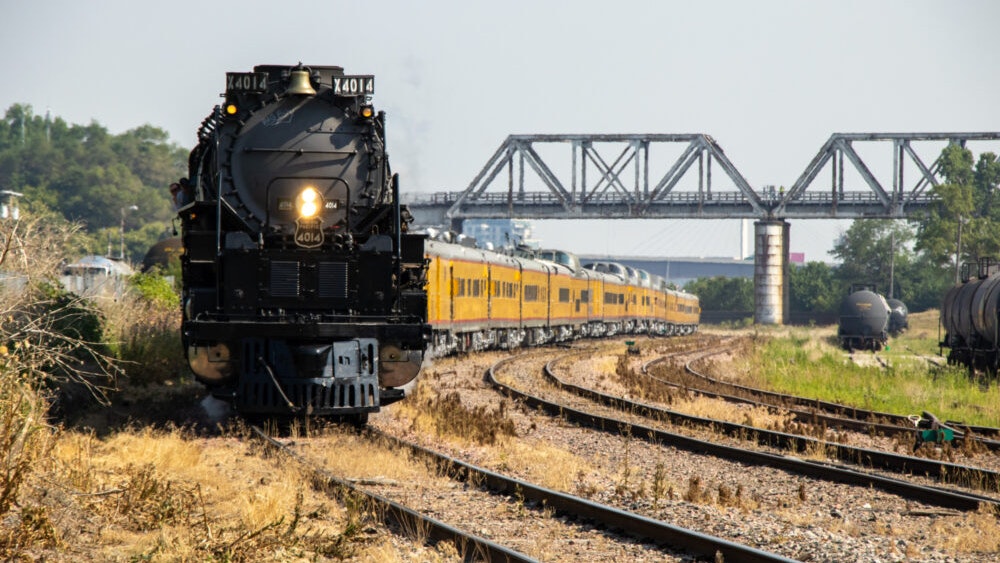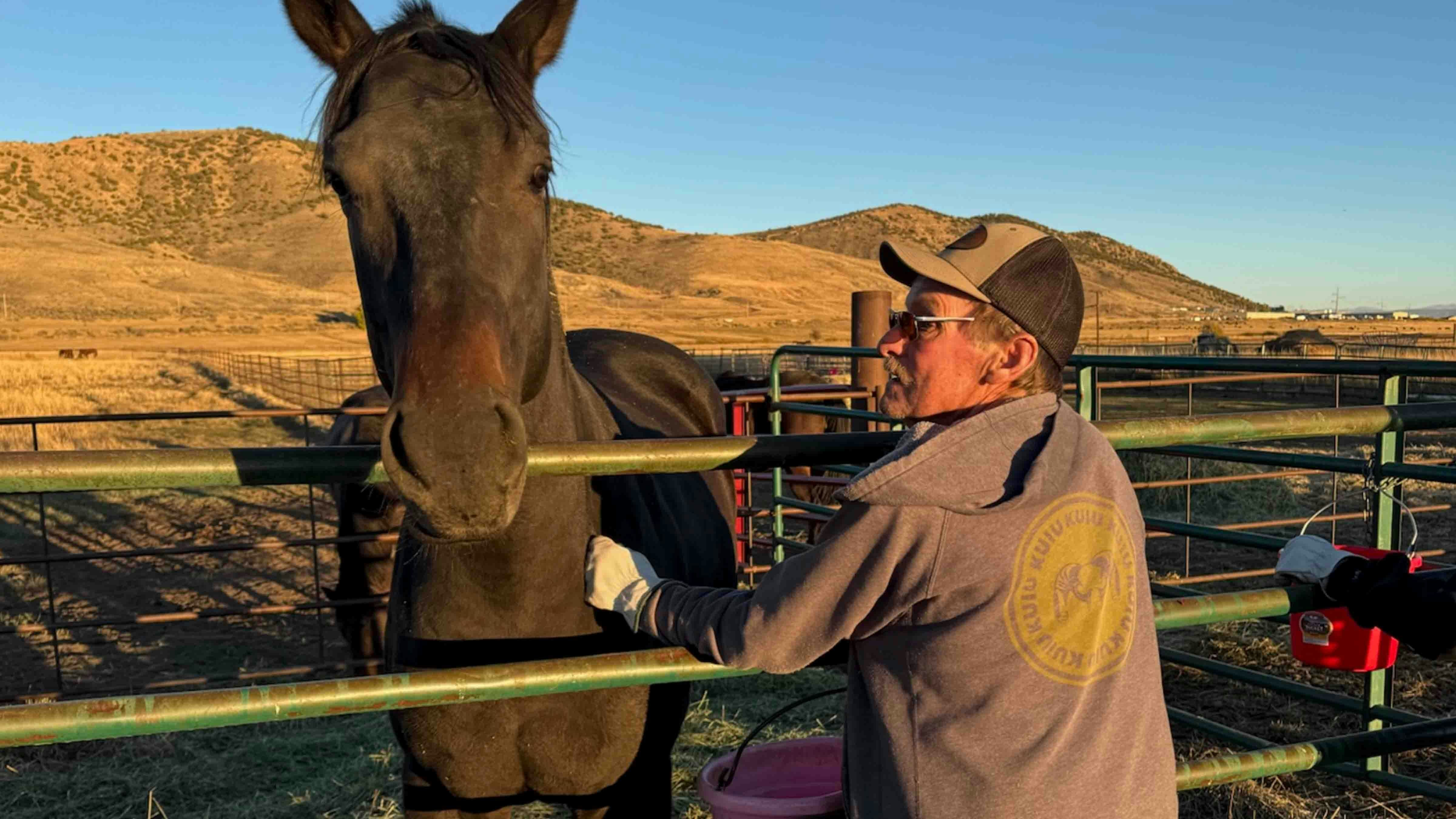The legal effort to block Albertson’s $4 billion payout to shareholders ahead of a proposed $25 billion merger with Kroger are running out of steam.
The state of Washington’s Supreme Court has declined to review a lower court ruling that the payout doesn’t violate anti-trust law.
The merger has been sharply criticized in Wyoming by a labor group that has told Cowboy State Daily the merger will reduce competition in the grocery sector and contribute to widening food deserts.
The proposed payout has so far attracted opposition from six states as well as two lawsuits, both of which sought to prevent Albertsons from paying the special dividend to shareholders ahead of the merger.
Washington Attorney General Bob Ferguson said he was disappointed with the ruling, but that his efforts are far from over.
“I want to be clear: This merger is far from a done deal,” he said in a media statement. “My team and I will be conducting a thorough review.”
Unions Vow To Continue Fight
In a joint statement, Local 7, the union that represents Wyoming’s 750 grocery store workers, vowed to keep fighting the merger.
“We are disappointed to see a ruling that favors a small number of ultra-wealthy shareholders over the many thousands of essential workers and millions of Americans who will be left to suffer the consequences of the outright financial looting of Albertsons,” the emailed statement read.
They applauded Ferguson’s efforts, which they said helped delay the payment long enough for the U.S Senate to scrutinize the deal, as well as helping to raise the profile of the issue for American consumers.
“Our unions will not stop working to protect our members and our communities from the harmful impacts of this proposed mega-merger of Kroger and Albertsons,” the statement concludes. “It is now even more important that the Federal Trade Commission take swift and decisive action to block the acquisition.”
Six States Wanted To Stop Payout
Ferguson was part of a six-state coalition that had asked Albertsons to delay its special dividend until the states had time to review the proposed merger.
Albertsons declined to do that, prompting lawsuits from Ferguson on behalf of the state of Washington and a similar D.C. Circuit Court case that included California, Illinois and Washington, D.C.
Oregon, meanwhile, filed an amicus brief supporting the state of Washington’s lawsuit.
Ferguson, in court documents, pointed out that Albertsons will use a $1.5 billion loan for part of the special dividend it’s paying to shareholders ahead of the merger.
Albertsons Defends Payout
But Albertsons laid a strong paper trail showing that its dividend was not part of merger negotiations. The latter would have been a violation of antitrust law.
Albertsons also successfully argued that its payout would not so weaken the company that it would be unable to compete, if the merger fails to win approval.
It will still retain $3 billion in liquidity, company officials told Cowboy State Daily in an email, including $500 million cash on hand and $2.5 billion in revolving loan funds.
The D.C. case was not successful in seeking a temporary injunction while its case is considered. That means the Washington Supreme Court decision not to hear the case clears the way for Albertsons to pay the dividend.
In an emailed statement, Albertsons said it will immediately begin the process of paying out the special dividend, dispersing $6.85 per common share to its October 2022 stockholders of record as soon as possible. They have set a payout date of Jan. 20.
What The Map Shows
Local 7 President Kim Cordova has suggested a quick look at the map Albertsons and Kroger have provided online for an easy preview of what may happen with the merger.
The map shows the concentration and overlap of their stores in the western U.S., where Cordova said Kroger and Albertsons between them sometimes control nearly 100% of the grocery store market.
If Kroger and Albertson combine, they will control nearly one-fifth of the nation’s food supply, along with fuel, pharmacies and other products.
That’s not going to bode well for future prices, Cordova believes, regardless of promises the company is making now that the merger will lower prices by a collective $500 million by boosting their already considerable buying power.
Past Predicts Future
Cordova points to what happened during the Safeway-Albertson merger in 2014.
To keep things “competitive,” a number of stores were sold off to Haggen, which ended up filing bankruptcy within a year. Several of those stores were then repurchased by Albertsons.
Not only didn’t prices go down, Cordova said, but workers lost jobs and retirement plans suffered.
She believes the spinoff proposed in the mega-merger, Spin-Co, will be much the same result as before
“They sell them a lemon, basically,” she said. “They’re not going to let that competitor thrive.”
Battle Shifts To New Arena
While the lawsuits seeking to stop the dividend payout appear to have lost steam, the battle against the merger isn’t over. It’s just shifting to a new, more political arena.
An early indicator of what’s to come can be seen in a letter sent by the presidents of three produce groups to the Federal Trade Commission, urging the agency to oppose the deal as harmful to national security.
The three groups are Western Growers, California Fresh Fruit Association and Colorado Fruit & Vegetable Growers Association.
In the letter, the groups say that the combined retail giant would control 15.6% of the U.S. produce market share, second only to Walmart at 21%.
But Kroger already has aggressive contract pricing at its current size, the groups say. It has used that buying power in the past to try and short-circuit Perishable Agricultural Commodities Act Trust protections meant to ensure farmers receive prompt payment for fresh produce.
“Kroger continues to exert outsized influence over its produces suppliers,” the letter states. “For example, Kroger offers shippers an egregious take-it-or-leave-it contract pricing structure.”
Few shippers have enough leverage to negotiate a more balanced deal, nor do they have many options for selling their products elsewhere.
That forces many to operate with what the groups described as “razor-thin” margins that are barely survivable.
Safeway-Albertson Merger Raised
The produce group presidents also mention the 2014 Safeway-Albertsons merger in their letter, reminding FTC Chairwoman Lina Khan that in 2017, she criticized the outcome of that merger, calling it a “spectacular” failure that even a casual observer could have guessed.
“If the Kroger divestiture plan is permitted to proceed, past will be prologue,” the letter states. “Eliminating major competitors from the marketplace never leads to reduced prices for the consumer.
“Rather, food costs — already under pressure by high inflation — will only go up if this mega-merger is permitted to proceed.”
Not only will the merger hurt consumers, growers and shippers, but it threatens the food security of the nation as a whole.
“A loss of farmers will lead to far less domestic production of fresh fruits, vegetables and tree nuts, accelerating the already-historic rate at which the United States imports its food supply,” the letter states. “If this continues, the U.S. will no longer have food security, which is tantamount to national security. This is harmful for the entire nation.”





